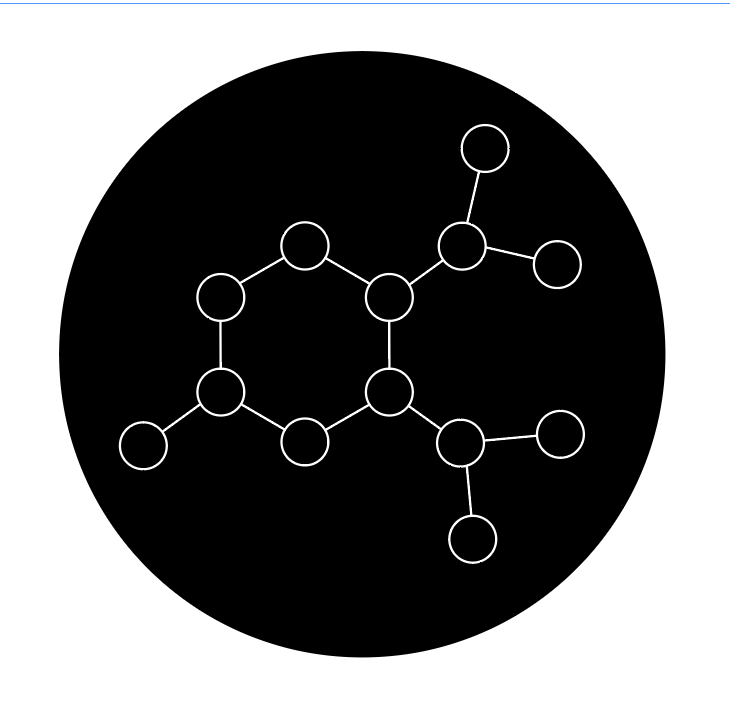AI-discovered molecules
Scientists have used AI to discover promising drug-like compounds.

AI-discovered molecules
Why it matters
Commercializing a new drug costs around $2.5 billion on average. One reason is the difficulty of finding promising molecules.Key players
Insilico Medicine, Kebotix, Atomwise, University of Toronto, BenevolentAI, Vector InstituteAvailability
3-5 years
The universe of molecules that could be turned into potentially life-saving drugs is mind-boggling in size: researchers estimate the number at around 1060. That’s more than all the atoms in the solar system, offering virtually unlimited chemical possibilities—if only chemists could find the worthwhile ones.
Now machine-learning tools can explore large databases of existing molecules and their properties, using the information to generate new possibilities. This could make it faster and cheaper to discover new drug candidates.
In September, a team of researchers at Hong Kong–based Insilico Medicine and the University of Toronto took a convincing step toward showing that the strategy works by synthesizing several drug candidates found by AI algorithms.
Using techniques like deep learning and generative models similar to the ones that allowed a computer to beat the world champion at the ancient game of Go, the researchers identified some 30,000 novel molecules with desirable properties. They selected six to synthesize and test. One was particularly active and proved promising in animal tests.
Chemists in drug discovery often dream up new molecules—an art honed by years of experience and, among the best drug hunters, by a keen intuition. Now these scientists have a new tool to expand their imaginations.
Keep Reading
Most Popular
Large language models can do jaw-dropping things. But nobody knows exactly why.
And that's a problem. Figuring it out is one of the biggest scientific puzzles of our time and a crucial step towards controlling more powerful future models.
The problem with plug-in hybrids? Their drivers.
Plug-in hybrids are often sold as a transition to EVs, but new data from Europe shows we’re still underestimating the emissions they produce.
Google DeepMind’s new generative model makes Super Mario–like games from scratch
Genie learns how to control games by watching hours and hours of video. It could help train next-gen robots too.
How scientists traced a mysterious covid case back to six toilets
When wastewater surveillance turns into a hunt for a single infected individual, the ethics get tricky.
Stay connected
Get the latest updates from
MIT Technology Review
Discover special offers, top stories, upcoming events, and more.